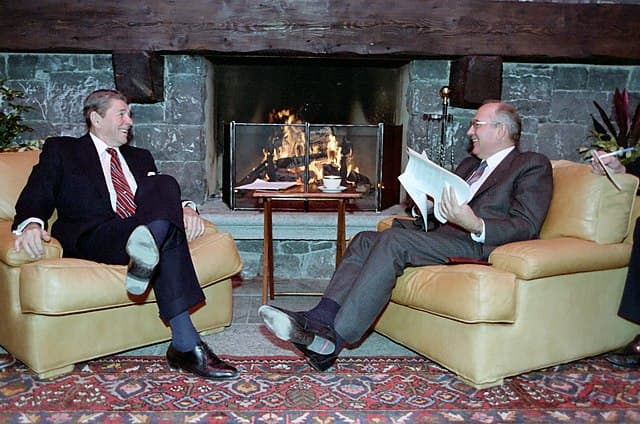
The United Nations — Lake Failure
By THE NEW YORK SUN
|In his final summit with Reagan, the Soviet leader lectured the president about racism.

Already have a subscription? Sign in to continue reading

By THE NEW YORK SUN
|
By CONRAD BLACK
|
By JOTAM CONFINO
|$0.01/day for 60 days
Cancel anytime
By continuing you agree to our Privacy Policy and Terms of Service.

By SHARON KEHNEMUI
|